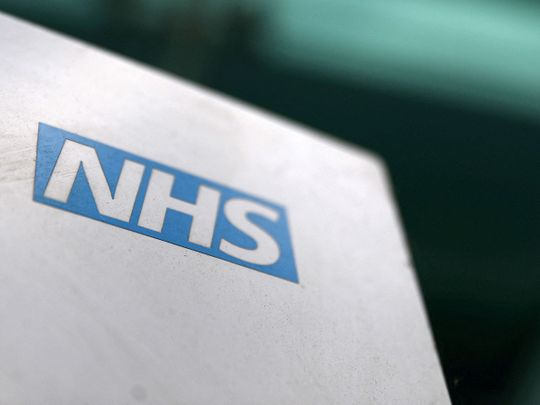
London: Public satisfaction with the UK's state-funded National Health Service (NHS) hit record lows in 2023, research suggested on Wednesday, with long waits for appointments a central grievance.
The NHS, which offers free care for patients, is increasingly grappling with a lack of funding and staffing shortages, as well as rising demand as the population grows and gets older.
GPs blame longer waiting times on the shortage of family doctors and more doctors taking time off due to burnout from intense workloads.
The analysis by the British Social Attitudes survey (BSA) comes ahead of a general election in the UK in which funding of the NHS is set to feature as a prominent issue for voters.
According to the survey, which was released by the King's Fund and the Nuffield Trust health charities, 71 percent of respondents were dissatisfied with the long waiting times for a GP and hospital appointments.
This was followed by staffing shortages and a view that the government does not spend enough on the NHS. It was founded in 1948 and now employs some 1.4 million people, with a budget of more than #160 billion ($200 billion) a year in England alone.
"With the health service increasingly unable to meet the expectations and needs of those who rely on it, public satisfaction with the NHS is now in uncharted territory," said Dan Wellings, a senior fellow at The King's Fund.
"Ahead of the upcoming general election, political leaders should take note of just how far satisfaction with this celebrated public institution has fallen."
Satisfaction previously peaked in 2010, when seven out of 10 people reported being satisfied with the health service.
"The public are clear that they want shorter waits for care, better staffing levels and more funding," Wellings said.
Despite record low levels of satisfaction, 48 percent of the public may be prepared to pay more for the NHS through taxation, especially "those with the deepest pockets", the research found.
Most respondents still expressed high levels of support for the principles of the NHS, including that it be free of charge, primarily funded through taxation and available to everyone.
"Despite such low levels of satisfaction, the public continue to back the principles underpinning the NHS," said Jessica Morris, a fellow at the Nuffield Trust.
"The public has not fallen out of love with the idea of a publicly funded, free at the point of use NHS, but they are losing confidence that it will support them and their loved ones in the best possible way when they need it."












